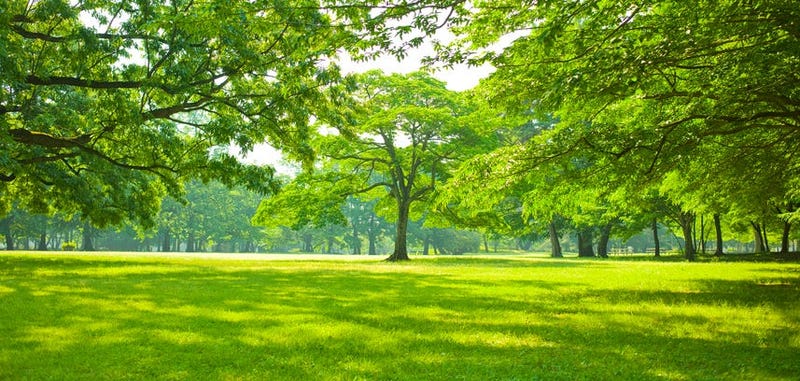
Kim Konte of nonprofit Non-Toxic Neighborhoods said this needs to stop.
“We have been able to pull test site use reports from city parks and directly link it to what is in our children's systems. These pesticides that are being used for cosmetic purposes really need to be out of the parks and schools, where our kids play,” she said.
Konte is part of a push to get toxic landscaping products out of Philadelphia's parks and green spaces.
Alongside elected officials, she was able to secure a $35,000 grant from Stonyfield's #PlayFree initiative and The Giant Company to help Philadelphia's Fernhill and Vernon parks make the switch to organic maintenance practices.
She hopes this pilot program leads to a change in landscaping practices at all of Philadelphia's parks.
“They really need to be free of these endocrine disruptors and carcinogenic pesticides,”she added.
While it costs more money to go organic, she sees the benefits as invaluable.
“It's something where we just need these parks departments and land managers to get off of the pesticide hamster wheel,” she said.
___

